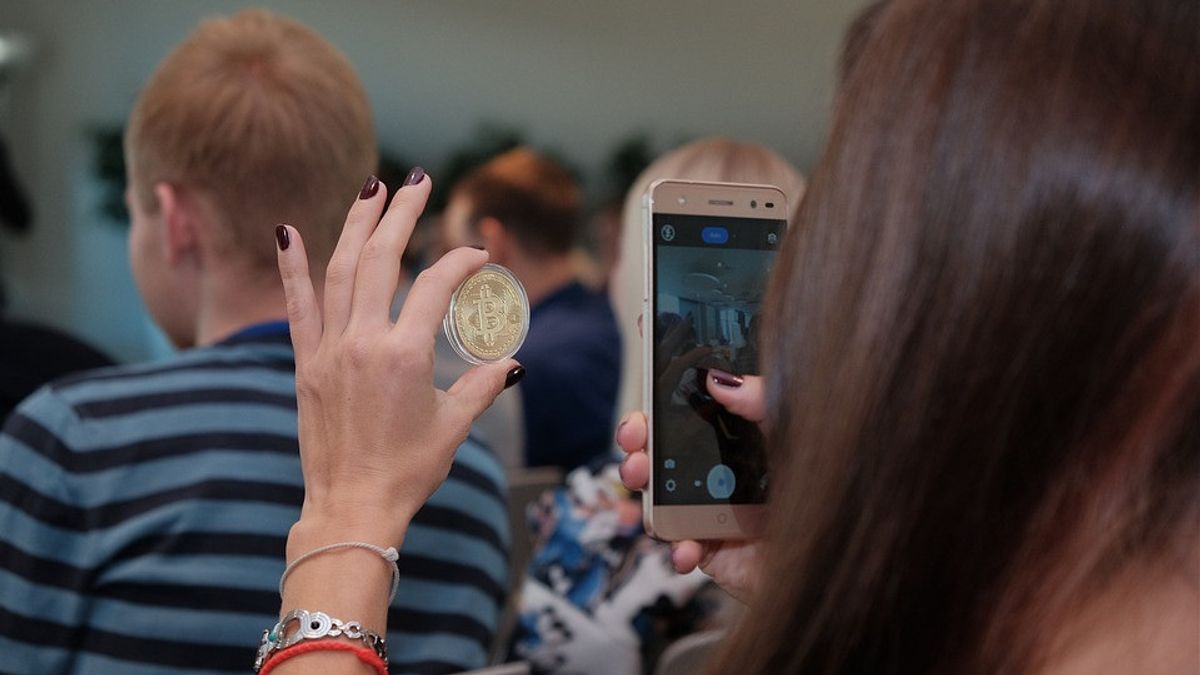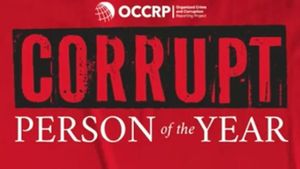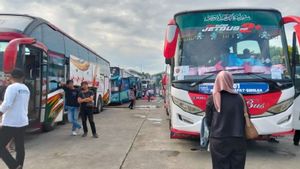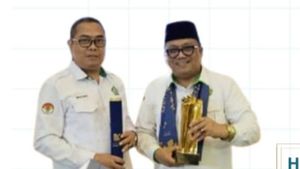JAKARTA - India's Minister of Finance, Nirmala Sitharaman, revealed the Indian government's plan to develop a standard operating procedure (SOP) for cryptocurrencies during the G20 presidency, from 1 December 2022 to 30 November 2023.
At that time India will host the G20 which can direct the discussion agenda on various economic issues among its member countries.
Sitharaman has previously called for global collaboration to decide the future of crypto and has been wary of mainstream crypto adoption citing risks to financial stability. However, speaking to local reporters in India on October 15, he confirmed, "It (crypto) will also be part of the India thing (the agenda during the G20 presidency)," Sitharaman said, as quoted by Cointelegraph.
G20, is a global forum to deal with major issues related to the global economy. According to Sitharaman, no country has been able to effectively handle or regulate crypto to date, therefore a common consensus is needed.
“But if it's a question of platforms, the asset trades that have been made, the trades that make a profit and, more importantly, these countries being in a position to understand money trading, are we in a position to settle for what? the purpose it was used for?” said Sitharaman.
VOIR éGALEMENT:
Sitharaman also highlighted the use of crypto assets in money laundering as detected by the Indian law enforcement agency, the Directorate of Enforcement.
He further added that the G20 members have also acknowledged the same concerns while reaffirming the need for participation of all countries in terms of regulating crypto assets effectively.
On October 7, the Reserve Bank of India released a list of proposed features and the rationale behind a central bank digital currency (CBDC) under development.
The 51-page document summarizes the main motivations for digital rupee issuance, which include trust, security, liquidity, final settlement, and integrity. Some of the biggest motivations for India's digital currency are reduced operating costs and increased financial inclusion.
The English, Chinese, Japanese, Arabic, and French versions are automatically generated by the AI. So there may still be inaccuracies in translating, please always see Indonesian as our main language. (system supported by DigitalSiber.id)


















